
This is the significant difference that contrasts the technique of one hundred years ago with modern microprocessors and highly advanced technologies.
I have been living and working in London, but I was born in Poland in 1960. I am an art conservator, painter, and fine art photographer. I have been interested in photography since the 1980s. In those days, I learned about alternative photographic techniques, especially the so-called gum bichromate.
In the 1990s, I made the first tests in this technique without any special results, and without giving up, I returned to this topic 15 years ago.
Currently, I work in this technique, and I am still experimenting because gum bichromate is a unique photographic process; like no other technique, it allows interfering in the final creative process, which makes the final result very close to painting; The uniqueness of this technique lies in the combination of apparent simplicity (the sun itself is enough to illuminate the work and ordinary water to develop the photos). Then, with a complex process of selecting ingredients (gum arabic, potassium dichromate, and pigment in appropriate proportions), manual distribution of the photosensitive emulsion onto an adequately prepared substrate, and finally washing it out to give the work its final shape.
There is no official method of using gum in practice. A print made from the same negative is always somehow original and unique regardless of the number and order of copies because repeatability of physical activities and maintaining stability for a multitude of process parameters can never be guaranteed. Thus, each artist also becomes a discoverer, working out by himself the best ways to carry out these seemingly simple actions.
Denne historien er fra May 2022-utgaven av Lens Magazine.
Start din 7-dagers gratis prøveperiode på Magzter GOLD for å få tilgang til tusenvis av utvalgte premiumhistorier og 9000+ magasiner og aviser.
Allerede abonnent ? Logg på
Denne historien er fra May 2022-utgaven av Lens Magazine.
Start din 7-dagers gratis prøveperiode på Magzter GOLD for å få tilgang til tusenvis av utvalgte premiumhistorier og 9000+ magasiner og aviser.
Allerede abonnent? Logg på
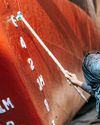
IN THE SHIPYARDS OF DHAKA
A very large shipyard in Dhaka is located on the Buriganga River's banks, directly across Dhaka's old city.
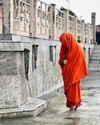
Aga Szydlik INDIA
A JOURNEY INTO THE LAND OF DIVERSITY, CULTURE, AND COLORS
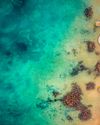
SEBASTIAN PIÓREK EXPLORING Enjoyable LANDSCAPE
I retrieved the idea of nature closely linked to the field of human feelings.
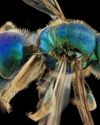
The Extreme Macro Photography of Bees
AN INTERVIEW SAM WITH, DROEGE
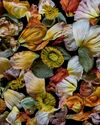
JEAN KAROTKIN GYMNOPEDIES
Gymnopédies, Karotkin's ongoing series of botanical portraits, takes its name from a trio of piano compositions by 19th-century French composer Erik Satie.
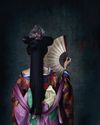
BUTTERFLIES IN LOVE WITH FLOWERS
I sometimes think Chinese art is not fully appreciated in the West. I was exposed to it growing up in Australia, although my fascination was more with calligraphy.
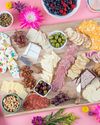
Lissa Hahn:
Hahn: HOW TO EVOKE A PAVLOVIAN RESPONSE IN HUMANS
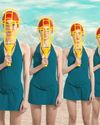
AN EXCLUSIVE INTERVIEW WITH ELENA PARASKEVA
Elena Paraskeva is an internationally acclaimed, award-winning Conceptual Photographer and Art Director and, most recently, an official ADOBE instructor.
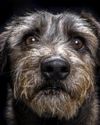
From a Living Hell to Heaven on Earth: the Inhumanity and Humanity of Humans
In a remote area of western Wisconsin, dogs and cats who otherwise would have ended up on death row are given a reprieve. They can now live out their lives in peace and comfort and with companionship at Home for Life (HFL), which was not afforded them outside the sanctuary's gates.
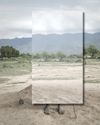
The Art of DISAPPEARING
In the classical proposal, indigenous people are usually the topic of discussion, but rarely do they have a hand in shaping it.